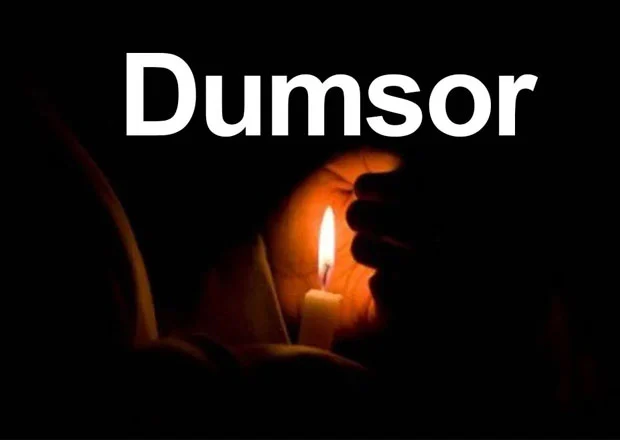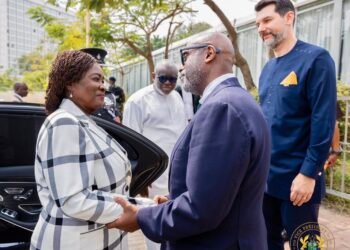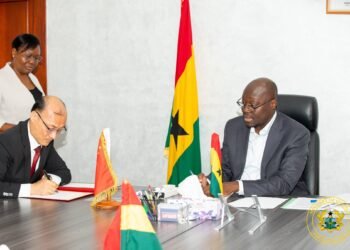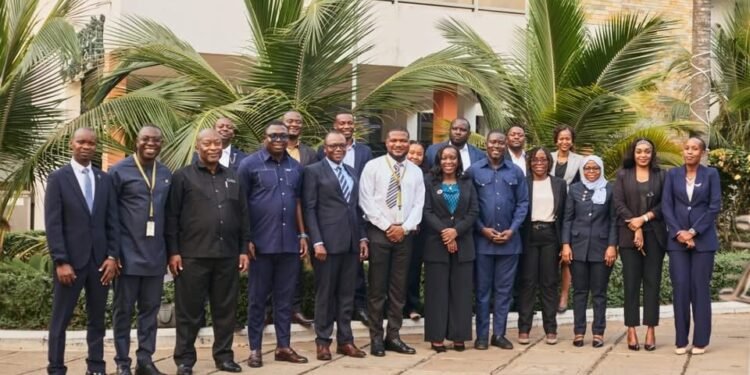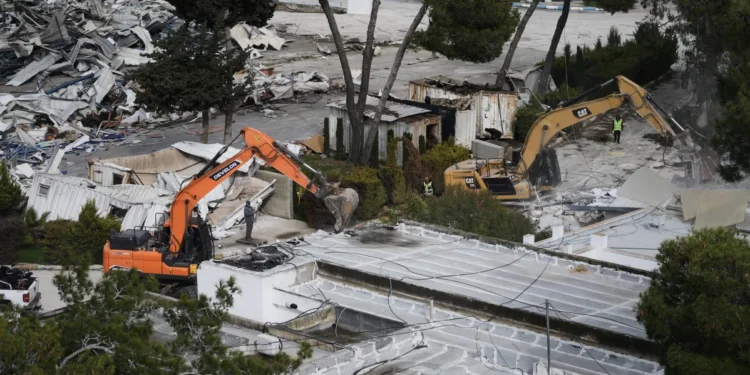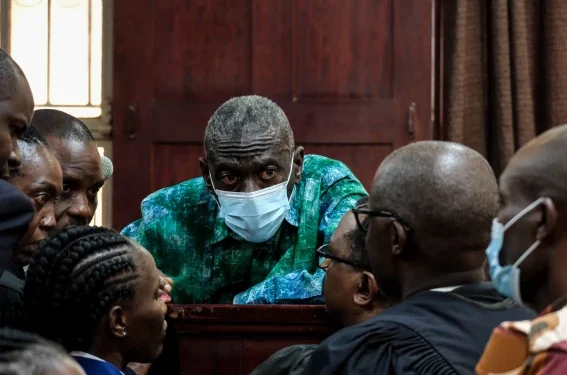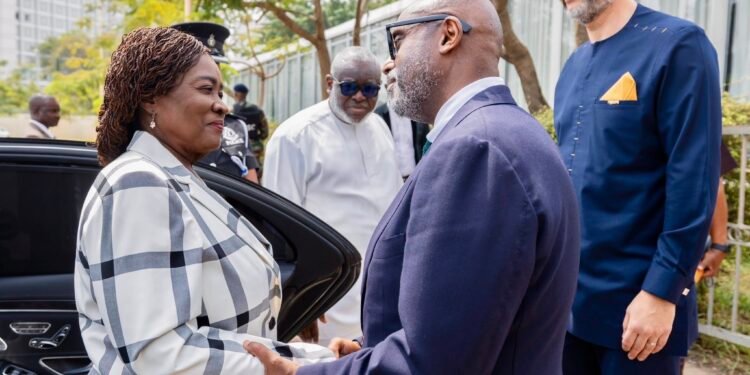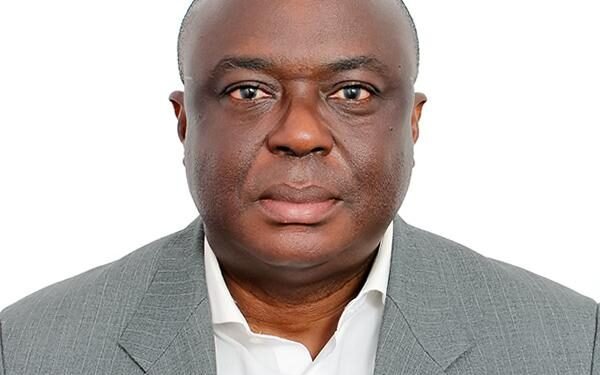Lately, the erratic nature of the electricity supply has left many wondering if “Dumsor” is back. Between 2012 and 2015, Ghana experienced a major power crisis that brought about the term Dumsor which means “to put on and off” in the country’s local Twi Language.
The name came about because of the epileptic nature of the outages. As pressure piled on the government, it eventually published a timetable to manage the situation. Then opposition New Patriotic Party (NPP) mounted attacks on its rival in power, the National Democratic Congress (NDC) and made a huge political fortune out of it. The situation inadvertently contributed to the NPP’s return to power in 2016.
The politics of electricity
Like many other issues, managing Ghana’s electricity supply problem has taken a partisan nosedive. Each of the two major parties, the NDC and the NPP, go on campaign trail touting their records and asking who has offered better management to the problem. Just like the cedi to dollar exchange rate politics, this is easier to handle, yet, it has seen more political talks than concrete steps to mitigate.
Under the past NDC’s administration, frantic efforts were made to address the problem and by the time the party lost power, stability had been established in the power sector. Had President Nana Addo paid attention to the issue as the NDC did, perhaps the current challenges could have been avoided. Successively, experts have in the past called on the current administration to increase the nation’s generational capacity to forestall downtime with little or no success.
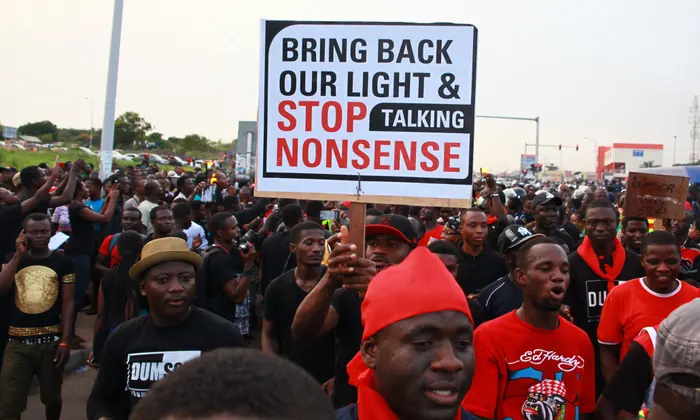
With John Mahama on a campaign trail admonishing the government to publish a timetable, the battleline of “electricity politics” has been firmly etched on the campaign grounds. Ironically, having received the most vitriolic criticism of his administration from the ruling party on the same issue, is there anyone in a pole position to ridicule the NPP than John Mahama?
Socio-economic Impact
There is no need for a long lecture to establish the impact of dumsor on the economy and general well-being of Ghanaians. In a report, the Institute of Statistical, Social, and Economic Research (ISSER) estimated that it caused the country about $14 billion loss in 2014 alone.
During the period, several deaths and injuries were reported at various workplaces and hospitals due to the power outages. For example, Bawku Presby Hospital recorded the loss of a mother and her newborn child who were both receiving oxygen before a power outage that claimed their lives.

Several other verified and unverified reports of death and injuries that were linked to the period abound. Moreover, many small and medium-scale Ghanaian businesses collapsed. Some other multinational corporations folded up.
Reasons and Justifications
Several reasons have been given to justify the current situation, and it is quite interesting to note that these reasons were rebuffed when NDC offered the same. It begs the question; Do the Ghanaian political elites respect their masses and electorates?
The reasons given have ranged from technical glitches to worn-out equipment awaiting servicing among others. The only thing not mentioned so far is load shedding. From all indications, the question in the minds of many Ghanaians is not if there is dumsor or not, but one of expectation rather, People want to get a timetable or timeline that they can work.
The public has largely lost confidence in the ability of politicians to solve and address the problems besetting the country. Those who can afford power plants and emergency generators are going for it while those who cannot are just thinking of how to strategize and not allow the situation to shatter their lives.
Read More: Did John Kumah Die or He Was “killed”?

